Xbox Series X one year later: The good, the bad and the ugly
The Xbox Series X has had some ups and downs in its first year
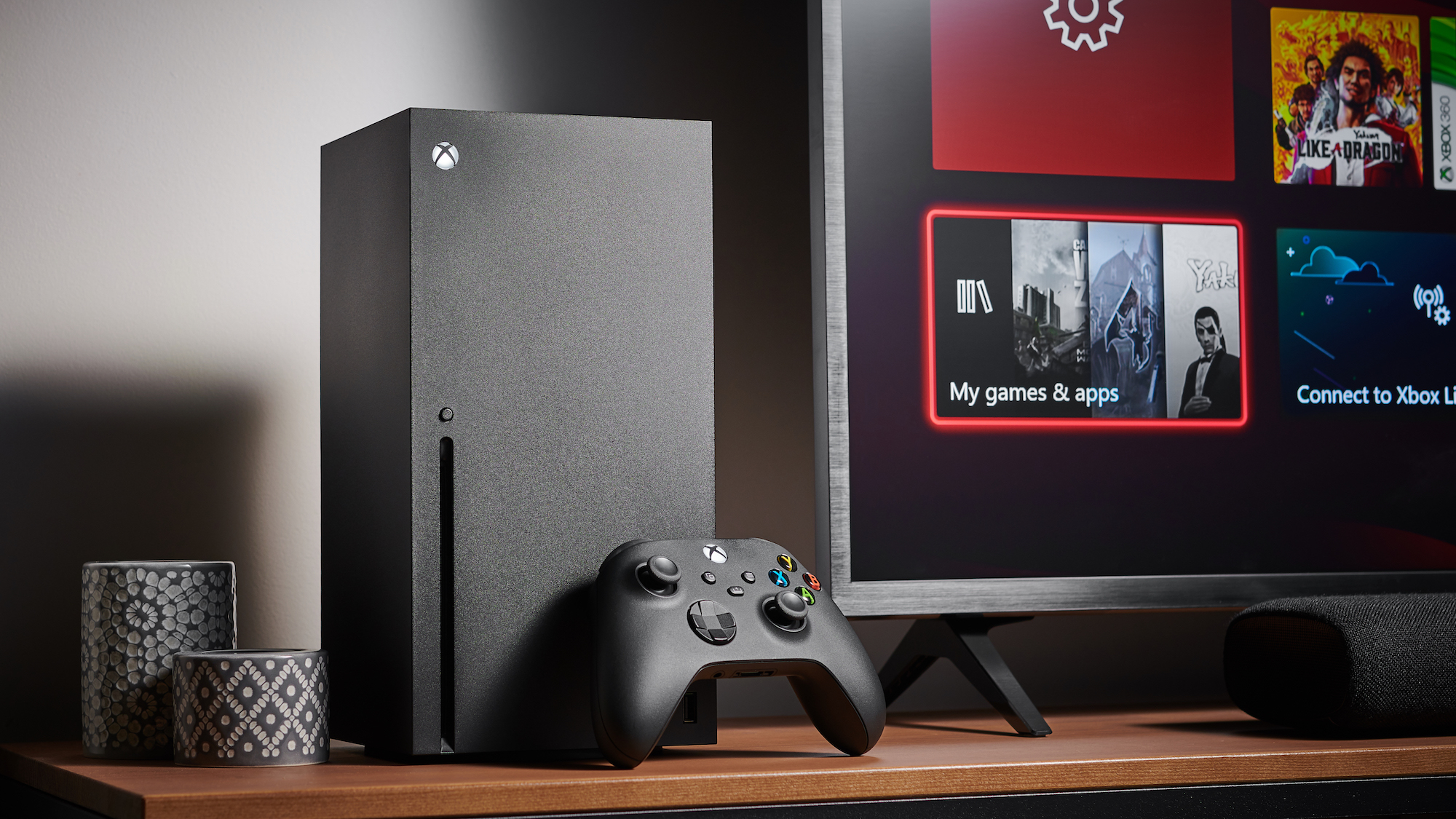
On November 10, 2020, Microsoft debuted the Xbox Series X. Arguably the most powerful mainstream gaming console ever made, the gaming obelisk won us over with its stellar performance — and earned a little side-eye with its "been there, done that" launch library.
Still, we’ve now had more than a year to evaluate the Xbox Series X, and we generally have positive things to say about it. Not only does the Xbox Series X run a huge variety of games beautifully; it’s also built up an impressive multiplatform ecosystem, and set the gold standard for backwards compatibility among consoles. Let’s take a look at how the Xbox Series X has succeeded and fallen short in its first year, and where it can go from here. And if you're interested in what we think of its main rival 12 months on from its launch, we've also taken a look at how the PS5 fares one year later.
Xbox Series X one year later: The good
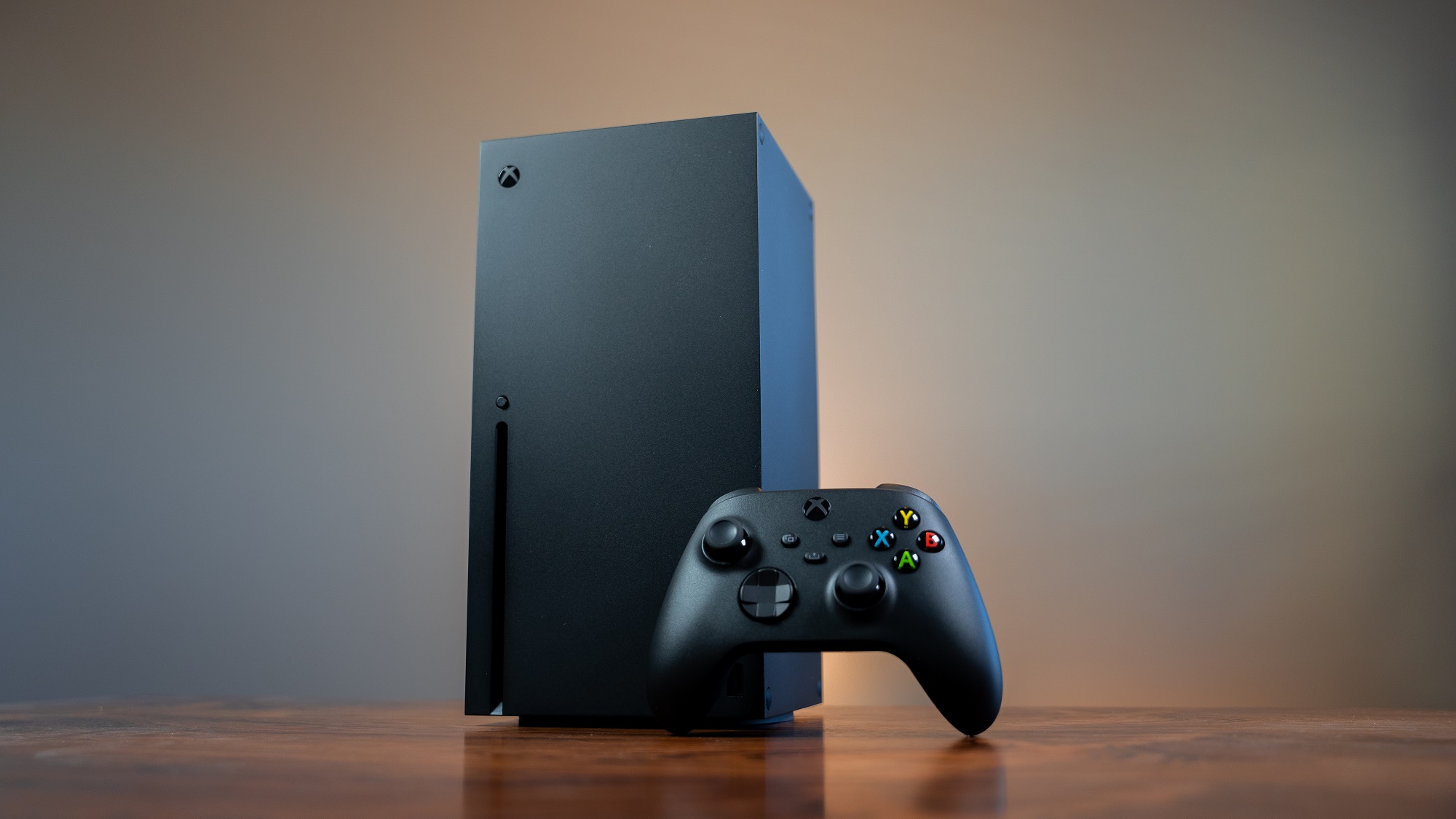
First things first: the Xbox Series X is a powerful device. The Xbox Series X is about twice as powerful as the Xbox One X, and its components are indeed a little more advanced than the PS5’s. The Xbox Series X can run games at 4K resolutions and 60 frames per second frame rates (often, but not always, at the same time), and can even jump up to 120 fps for certain games. This puts it on a par with some moderately demanding gaming PCs, albeit at a fraction of the price.
Performance aside, though, what’s really impressive about the Xbox Series X is how Microsoft has transformed it from a single console into a whole ecosystem. Generally speaking, games aren’t exclusive to Xbox Series X; they’re optimized for it. As such, most digital games you buy for Xbox Series X will also work on Xbox Series X, Xbox One and PC. If you subscribe to Xbox Game Pass, you can even stream games to your Android or iOS mobile devices, as well as non-gaming PCs.
Speaking of Xbox Game Pass, it’s almost impossible to discuss the Series X without mentioning how much better this service has gotten over the years. Starting out as a way to download about a hundred games for Xbox One, it now boasts more than 400 titles across Xbox consoles, PCs and mobile devices, with options for both downloads and streaming. Save data carries over across platforms. This "play the optimized version on any platform you want" approach really does feel like the future of gaming, and the Xbox Series X is the centerpiece of the plan.
Microsoft also deserves some credit for just how much time and effort the company has invested in backwards compatibility. Every Xbox One game runs on the Xbox Series X — but so do dozens of Xbox 360 and original Xbox games. If you have a bunch of old discs lying around, you can pop them in and play your favorites, often with better resolutions and frame rates than before. It’s an excellent way to replay old favorites, and a stark contrast to both Nintendo and Sony, which have repeatedly dropped the ball on game preservation.
Xbox Series X one year later: The bad
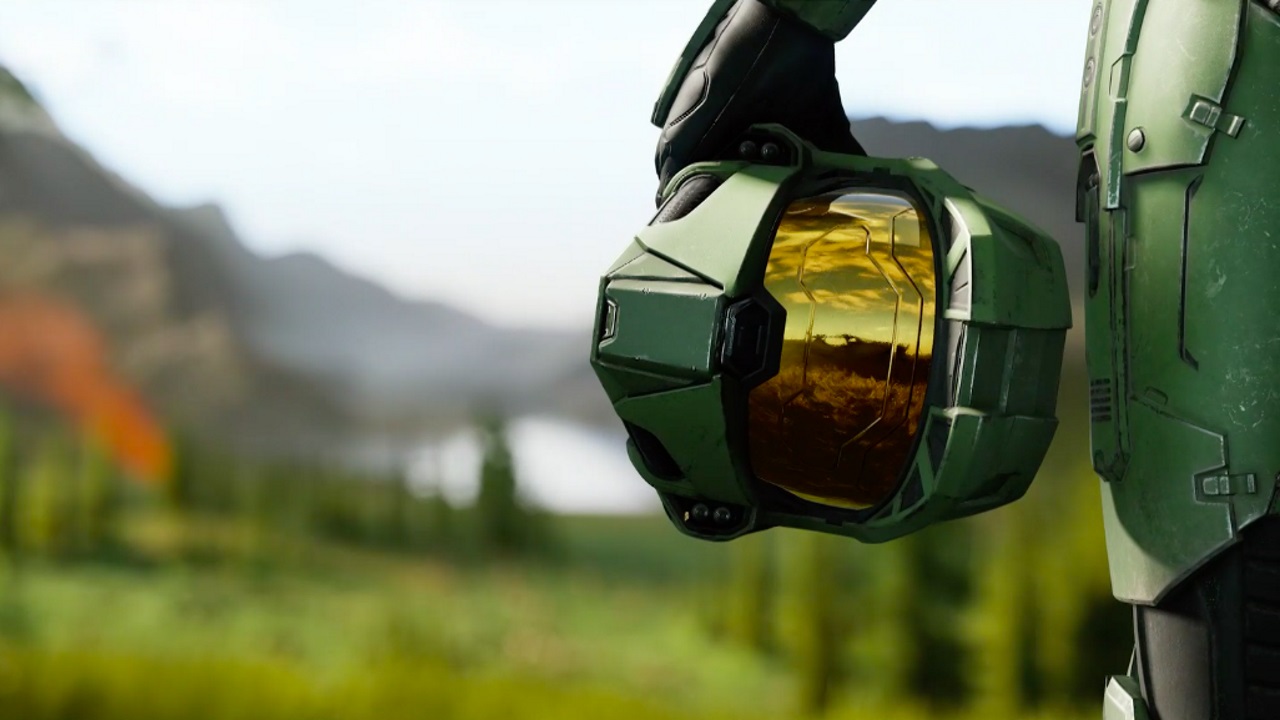
Back in our original Xbox Series X review, we pointed out that while the PS5 had Demon’s Souls and Astro’s Playroom to fall back on, the Xbox Series X didn’t have a comparable flagship exclusive. One year later, the PS5 has about half-a-dozen excellent exclusives, but the Xbox Series X hasn’t followed suit.
Sign up to get the BEST of Tom's Guide direct to your inbox.
Get instant access to breaking news, the hottest reviews, great deals and helpful tips.
There are no true exclusives on the Xbox Series X. That’s partially by design, since Microsoft has promised parity between Xbox consoles and PCs going forward. The bigger issue is that 2021’s slate of Microsoft-exclusive titles has been mild. Xbox players got the excellent Microsoft Flight Simulator, Psychonauts 2 and Forza Horizon 5, but other Microsoft-exclusive titles in 2021 have generally been niche indie fare. That’s not inherently bad, but it does mean that the Xbox Series X hasn’t done much to distinguish itself from a decent gaming PC — or even a well-maintained Xbox One.
Like the PS5, the Xbox Series X also has an imperfect controller. The new “Share” button clutters up an otherwise-ideal design, and the new battery pack cable doesn’t actually let you know when the battery is done charging. Xbox tech support is also, charitably, something of a mixed bag. If your system breaks down, you may not be able to reach the right party to get it fixed.
While Xbox Game Pass is one of the best things about the Xbox Series X, it’s probably not a good idea to get too attached to the service in its current form. Fifteen dollars per month is already a lot of money for a subscription service, but considering how many games and features are on offer, the price seems almost artificially low. A big price hike or tier structure could be on the way.
Furthermore, having to subscribe to Game Pass to stream games that you might already own seems like an unnecessary cost. Pay close attention to what happens to Game Pass within the next few years; it may set the tone for how Microsoft intends to sell games and services in the future.
Xbox Series X one year later: The ugly
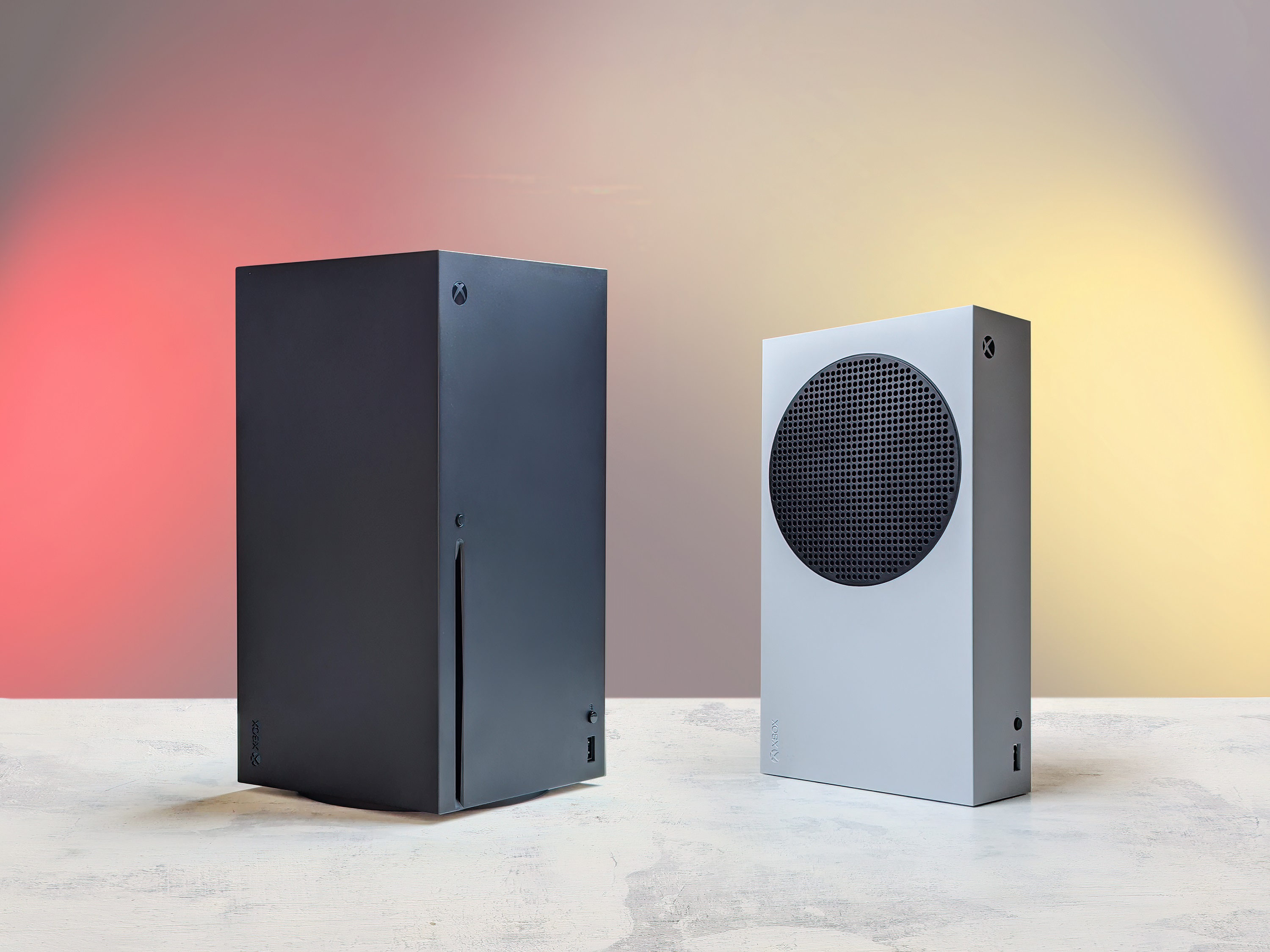
The worst thing about the Xbox Series X is simply that most people still can’t get one. Thanks to semiconductor shortages and shipping crises, the whole consumer tech supply chain has essentially gone haywire over the past year. Xbox Series X consoles come and go within minutes, and retailers have not done nearly enough to curb the epidemic of scalpers that keep snatching up new systems.
To be fair, the Xbox Series S has been quite a bit easier to find than the Xbox Series X, often staying in stock for whole hours at a time, rather than mere seconds. While the Series S has its charms, it’s not necessarily the right system for most people, especially those who want a console that will operate at peak performance for a full gaming generation. However, if you're determined to buy a next-gen console before the year ends, you could argue that the Xbox Series S is the right console for holiday 2021.
As far as the Series X goes, the situation might improve in 2022 — or it might get worse, if recent PS5 news is any indication. It’s an upsetting situation, and one without an easy answer.
Xbox Series X one year later: Outlook
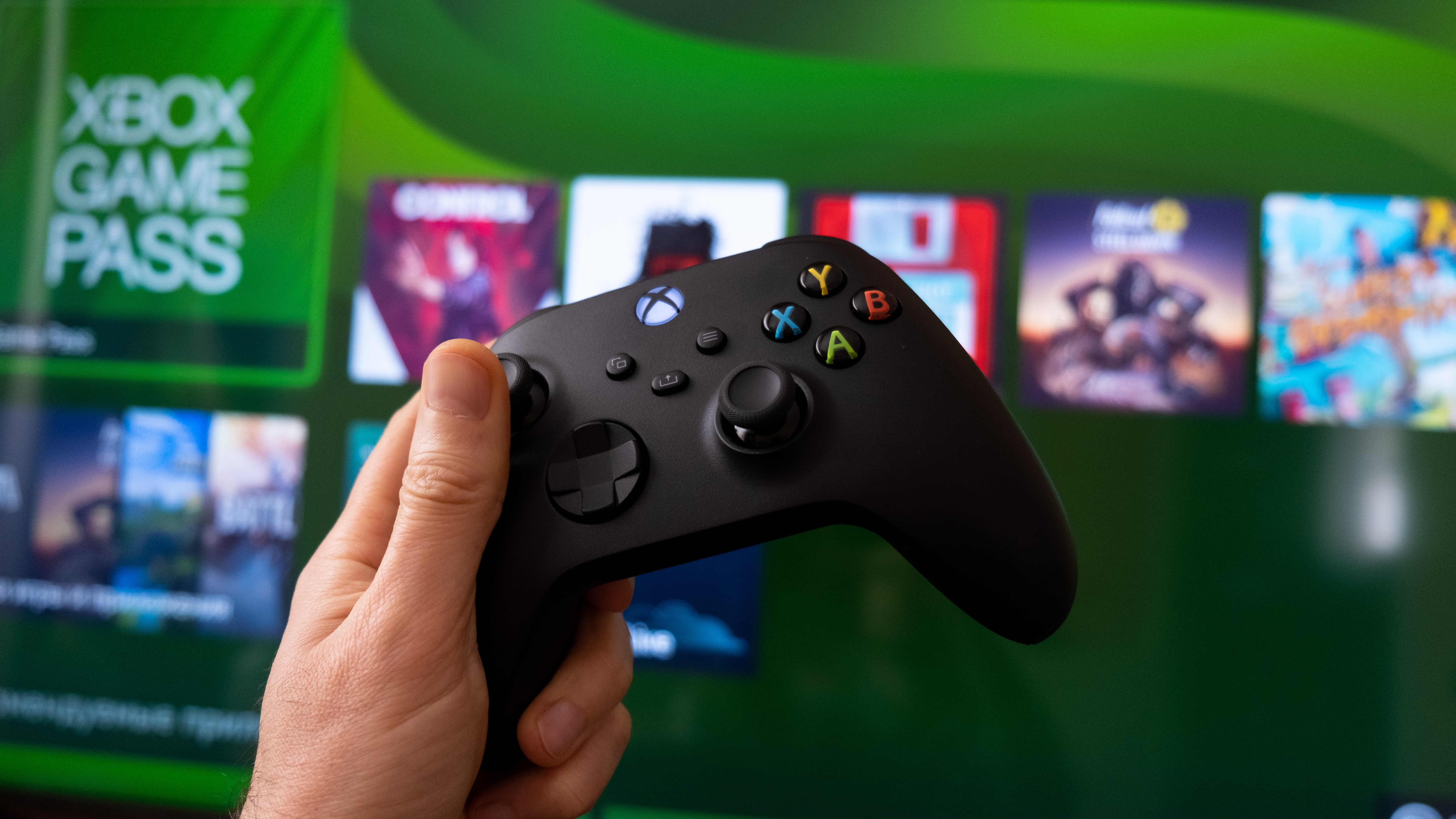
The Xbox Series X has delivered on Microsoft’s promise of a high-quality console with a huge library and excellent backwards compatibility. Even better: the Xbox Series X is a perfect focal point for Microsoft’s multiplatform parity strategy. If you have an Xbox Series X and an Xbox Game Pass subscription, your gaming options feel almost limitless.
On the other hand, after a year, we’re still waiting for a breakout flagship exclusive (perhaps Halo Infinite will fit the bill?). Even when we get one, it’s sometimes difficult to tell whether the Xbox Series X works best as a standalone gaming machine, or as an extension of a larger Microsoft ecosystem. It’s a stark contrast from the traditional "buy our new system to play our new games" attitude, and it will take some getting used to.
Before we debate the finer points of the Xbox Series X, though, it has to become widely available for anyone who wants one. Let’s hope that happens in 2022. At the very least, the Xbox anniversary celebration livestream should satisfy longtime Xbox fans.
Marshall Honorof is a senior editor for Tom's Guide, overseeing the site's coverage of gaming hardware and software. He comes from a science writing background, having studied paleomammalogy, biological anthropology, and the history of science and technology. After hours, you can find him practicing taekwondo or doing deep dives on classic sci-fi.

